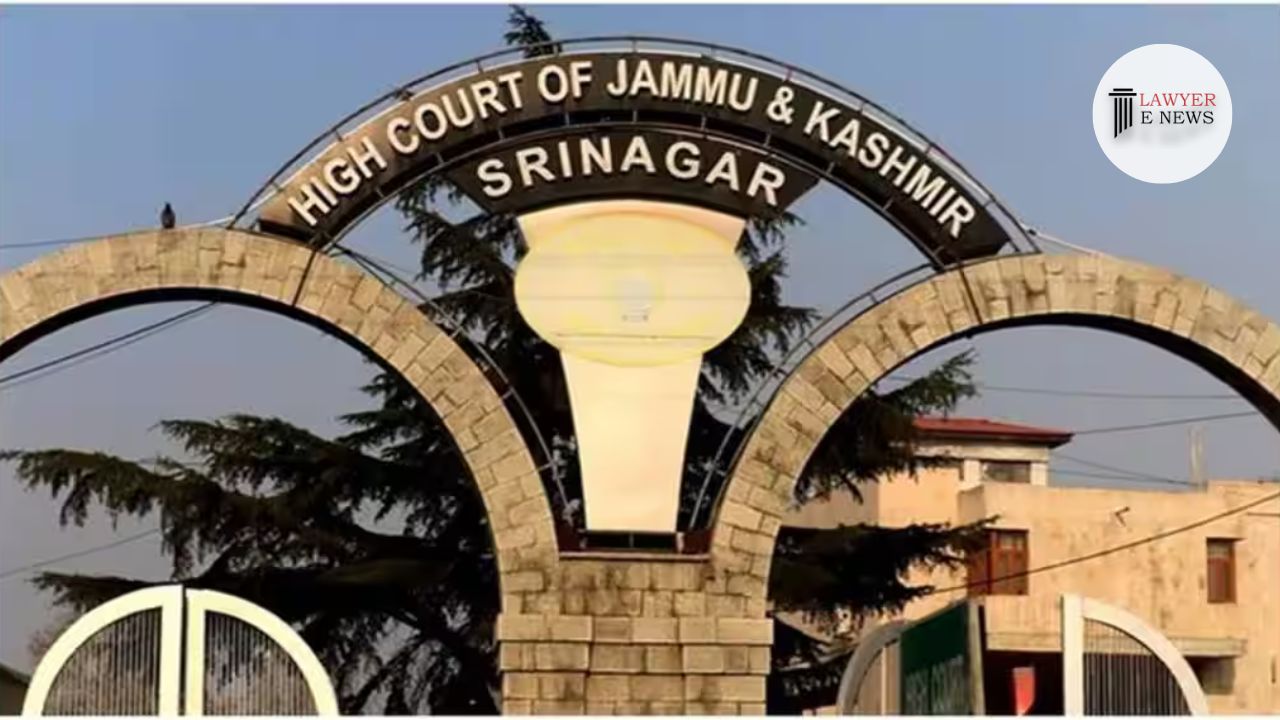-
by Admin
15 February 2026 5:35 AM



The High Court of Jammu & Kashmir and Ladakh, in a significant judgment, has quashed the orders of the Magistrate and the Revisional Court directing the reinvestigation of a road accident case involving the death of Sarabjeet Singh. The court, presided over by Justice Sanjeev Kumar, ruled that the Magistrate lacks the authority under the J&K Cr.P.C to order reinvestigation and emphasized that such directions can only be issued by Constitutional Courts.
The case pertains to a fatal road accident on May 20, 2011, in which Sarabjeet Singh, son of respondent Pyara Singh, was killed. The incident occurred when Sarabjeet was hit by a rashly driven scooter. Initially, the police investigation concluded that Sarabjeet was responsible for the accident, leading to the closure of the case under Sections 279 and 304-A of the Ranbir Penal Code (RPC).
The High Court made clear that under the J&K Cr.P.C, a Magistrate is not empowered to order reinvestigation. “The investigation made by the police cannot be wiped out by the Magistrate,” Justice Sanjeev Kumar stated. The Magistrate can only direct further investigation if there are issues with the initial probe, but not a reinvestigation, which can only be ordered by Constitutional Courts or under inherent jurisdiction.
The court addressed the rights of the victim or their relatives to file a protest petition. It was noted that while the informant has the right to be notified about the closure report, the victim or their relatives do not inherently have this right unless they are the informant. However, they can still file a protest petition, which the Magistrate should consider if submitted before the final decision on the closure report. “The protest petition filed by the informant or by the complainant without notice shall be considered by the Magistrate,” the judgment clarified.
The court analyzed several stages of investigation under the J&K Cr.P.C and highlighted the procedural obligations of the Magistrate. It emphasized the need for the Magistrate to proceed under Chapter XVI of the Cr.P.C if treating a protest petition as a fresh complaint. The court cited various Supreme Court rulings, including Bhagwant Singh v. Commissioner of Police and Hemant Dhasmana v. CBI, to support its conclusions.
Justice Sanjeev Kumar remarked, “The Code of Criminal Procedure does not confer power upon a Magistrate to direct reinvestigation. The power of reinvestigation is reserved for Constitutional Courts under their inherent jurisdiction.”
The High Court’s decision underscores the procedural boundaries within which Magistrates must operate concerning police investigations and the treatment of closure reports. By setting aside the orders for reinvestigation, the court has reinforced the legal framework governing further and fresh investigations, thereby ensuring adherence to procedural justice. This judgment is expected to influence future cases involving similar legal questions.
Date of Decision: April 20, 2024
Sukhdev Singh v. State of Jammu and Kashmir & Ors.
